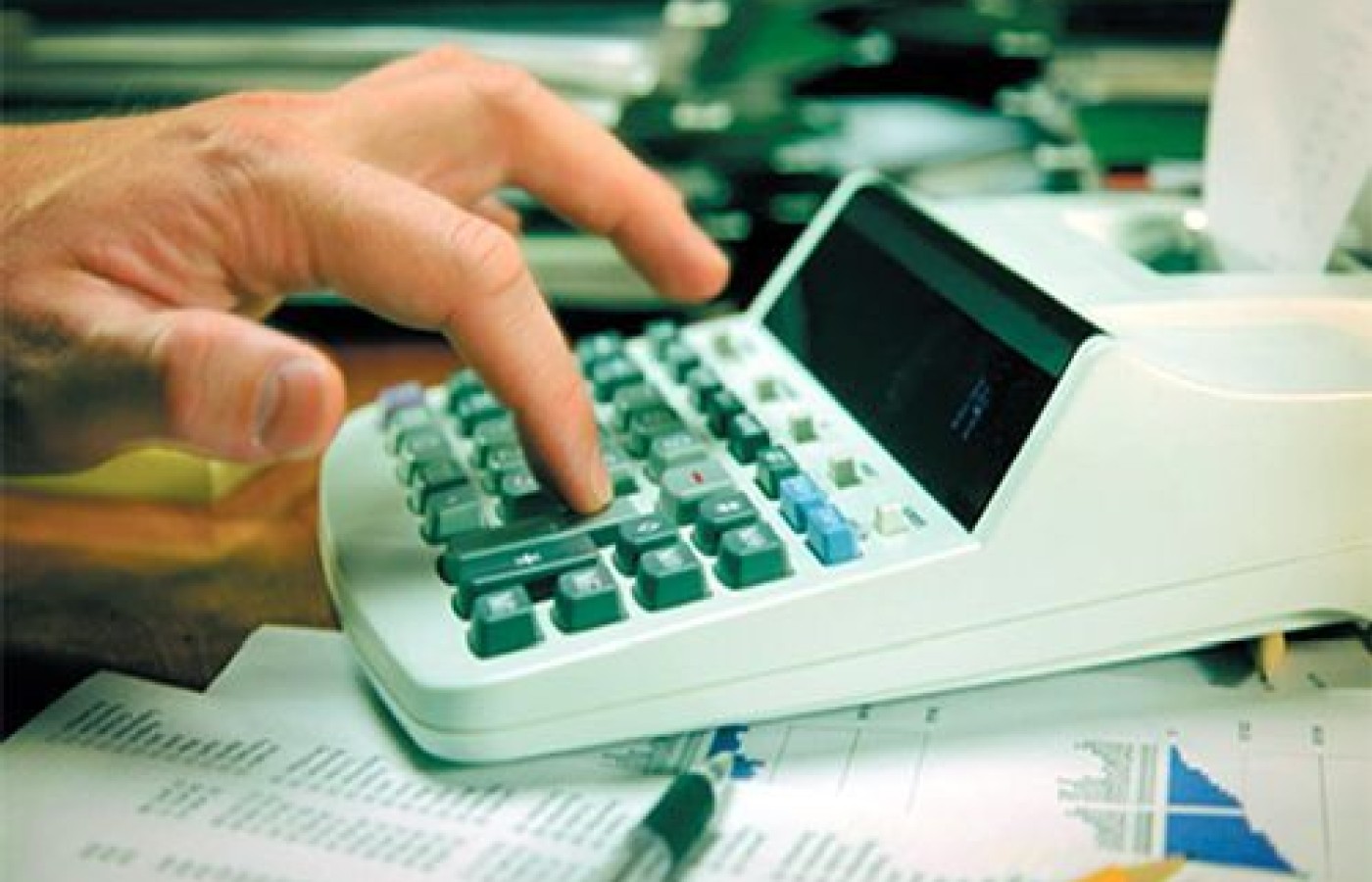Some doctors thrive in a personality-based clinic and have a loyal following no matter what services or equipment they offer, but for most chiropractic offices who are trying to grow and expand, new equipment purchases help us stay relevant and continue to service our client base in the best, most up-to-date manner possible. So, regarding equipment purchasing: should you lease, get a bank loan, or pay cash?
Becoming Financially Literate: Tips for a Successful Practice
If you want to own and operate a practice, you must be financially literate. Being financially literate ensures that you can maintain a profitable and effective practice. It is one thing to be frugal, another to be a spendthrift and very different if there is unfamiliarity with the practice finances. I have seen many practices fold because of an inability to invest back into the practice. Financial literacy allows for the independence to grow in both good times and in bad.
You might be asking yourself, "Why is a conversation about finance important?" The answer is actually quite simple. The discussion of finances helps you to understand that 1) the more money your practice makes, the more you can potentially keep; 2) the more money you collect quickly, the more valuable it is; 3) the less risky the practice, the easier it is to borrow when you need cash ; 4) the more money you collect, the easier it is to pay bills, such as utilities and staff; and finally 5) the more money you collect, the more financial freedom for you. Practices and their doctors who are more astute about finances make better decisions, have more patients, live with less stress and have more for retirement.

Recall, the purpose of the practice is the acquisition and retention of patients. When you operate under the guise of shareholder return, you lose focus on your most prized asset, making your practice that much more of a liability. Second, a lack of good financial skills does not make practical economic sense. Too many practices, good business people and even celebrities over the years have entrusted others with their responsibility of their money. Unfortunately, many have awoken to negative capital. Additionally, many doctors, when they obtain money, spend money rather than reinvest back into the practice. From the large trips to many material items, the money is spent foolishly on items that do not build the practice and worse, do not invest in retirement. As a doctor you are all you have and when there is no money there is no future.
Collect and Retain It
The collection of money in your practice will come in several forms, but suffice it to say that cash should be your main attraction. Everything from suppliers to vendors to even your staff will require payment in cash. Therefore, you should collect cash for payment of services from adjustments to product sales, such as pillows or orthotics or vitamins, etc. If cash is not automatically accepted, then you might obtain a check or accept patients' debit or credit cards. Never allow anyone to walk from your practice. Once they leave the door it will make it more impossible to get paid.
The reason for mentioning all of this is that good practices engage in the knowledge of cash flow. Cash flow is nothing more than the understanding of the flow of money in and the flow of money out. When there is an understanding of cash flow, the practice can expand, keep more money, do more things such as borrow more or acquire, or simply keep more in the bank. What is really being stated is your ability to engage in good financial management.
Accounting 101
Financial management begins with the understanding of where the practice is and where it is going. There are excellent computer programs on the market, such as QuickBooks©, that allow you to understand the state of the practice. These computer programs quickly illustrate income and debts while allowing you to automate checkbook balances, bills to vendors, reimbursements to patients, as well as the ability to run financial reports to understand the state of the practice.
One does not have to run many reports, but there are several worth mentioning to help understand the healthiness of your practice. The first is the balance sheet. The balance sheet represents a quick snapshot in time of the practice. This provides the practitioner with a statement of assets and liabilities. Assets are items such as cash on hand, furniture, equipment owned and other items, and perhaps even long-term items that will convert to cash. For example, assets include cash and equivalent, accounts receivables and any inventory you paid for in supplies. Liabilities are what you are liable to repay, like debt, leases, etc. These include plant, property and equipment leases. The interesting thing about a balance sheet is helping you to understand the financial health of the practice in both the long- and the short-term. A balance sheet will help the doctor understand liquidity, financial flexibility and financial strength.
There is also the income statement, which is a source of understanding the practice's profitability. There is a simple equation to understand your profits: revenue minus expenses equals your net income. The result indicates your actual remaining cash after expenses and what the doctor gets to keep, save, invest, etc.
The profit and loss statement quickly illustrates a summary of the revenues, costs and expenses incurred during a specific period of time, such as a quarter or an entire fiscal year. This will provide a good assessment as to the value of the practice at any one point in time.
These are just some of many reports that a doctor and practice manager can review. My advice, however, is to engage with a good accountant and financial planner to better understand your financial position, as well as guide you into the best practices for your particular practice.
Saving and Investment
Some of the world's best chiropractors are also the world's worst money managers. Get into the habit of saving every month: take a predetermined amount of money from your investments and immediately place it into savings where they will not be touched. Continue to build that savings account until it can move to other financial vehicles, such as stocks, bonds, mutual funds and other cash-related instruments. Investing anywhere from 10%–15% of income can help you eventually amass a fortune. In addition to savings here are some other areas of concentration:
- Pay local vendors promptly. It is imperative you pay for local vendor services immediately since you are actively seen in your community. Your reputation is one of the most valuable assets that you own.
- Pay bills as soon as they arrive. A practice will still be healthier if you pay bills as they arrive. The sooner they are off your desk, the less stress and the less risk of penalty.
- Purchase equipment rather than lease. There are occasions when leasing equipment does make more financial sense. However, rather than incur a monthly annuity that increases liabilities and decreases equipment assets, sometimes purchasing is more prudent. Only lease it is absolutely necessary.
Sage Advice
The practice depends largely on cash and cash inflows to sustain its profitability and the chiropractor must practice financial prudence for both him/herself and the staff. The more fiscally responsible, the more profitable the practice will be. The notion is to not waste valuable resources, time and money, but rather acquire and retain. The more astute in finances, the more fiscal, sustainable and long-term the practice.



